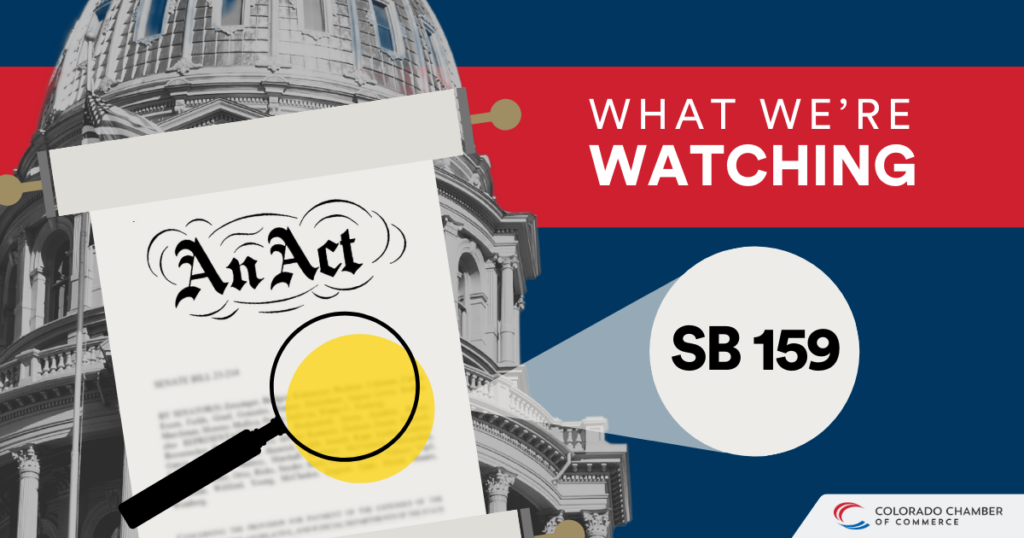Environmental bills have taken a focus this week as Democrats in the legislature unveiled a series of proposals targeting the business community. While many of these bills would disrupt the energy industry, the Colorado Chamber is raising broader concerns for the statewide economy. One of these bills that the Colorado Chamber is aggressively working to oppose is Senate Bill 159, which would effectively ban all oil and gas development, driving the industry out of Colorado.
The legislation would cease the issuing of new oil and gas permits after January 1, 2030. The bill would also apply to permits needed to modify old wells to increase production. Wells falling under permits issued between the enactment of the bill and January 1, 2030, must begin drilling before the end of 2032.
The Chamber’s Energy & Environment Council took an opposed position on the legislation as the bill would upend the entire oil and gas industry in Colorado and threaten hundreds of thousands of jobs across the state. The bill is part of a series of legislation that the Colorado Chamber has dubbed “job killers.” The Chamber also launched a petition this week to garner early opposition to the proposals, which already has hundreds of signatures.
Chamber President and CEO Loren Furman pointed the bill’s broad impact on jobs both in the energy sector and beyond.
“The consequences extend far beyond the energy sector, targeting workers employed directly or indirectly by an entire industry and creating complex new regulations intentionally designed to slow growth,” Furman said of the three job-killing bills recently introduced.
In its 2024 legislative agenda, the Chamber says it will specifically oppose bills that limit the operations of the energy sector on a massive scale. These types of bills, including SB 159, would deliver a significant blow to Colorado’s economy and result in the loss of critical jobs.
SB 159 was introduced in the Senate and was assigned to the Agriculture & Natural Recourses Committee. The bill is not yet scheduled to be heard.

